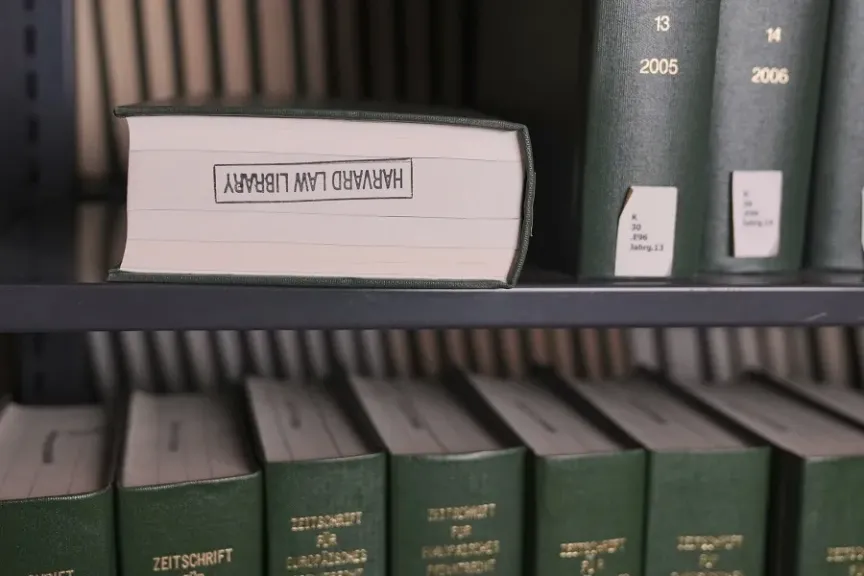AI chatbots need more books to learn from

CAMBRIDGE (AP) — Everything ever said on the internet was just the start of teaching artificial intelligence about humanity. Tech companies are now tapping into an older repository of knowledge: the library stacks.
Nearly one million books published as early as the 15th century — and in 254 languages — are part of a Harvard University collection being released to AI researchers Thursday. Also coming soon are troves of old newspapers and government documents held by Boston's public library.
Cracking open the vaults to centuries-old tomes could be a data bonanza for tech companies battling lawsuits from living novelists, visual artists and others whose creative works have been scooped up without their consent to train AI chatbots.
“It is a prudent decision to start with public domain data because that’s less controversial right now than content that’s still under copyright,” said Burton Davis, a deputy general counsel at Microsoft.
Davis said libraries also hold “significant amounts of interesting cultural, historical and language data” that's missing from the past few decades of online commentary that AI chatbots have mostly learned from. Fears of running out of data have also led AI developers to turn to “synthetic” data, made by the chatbots themselves and of a lower quality.
Supported by “unrestricted gifts” from Microsoft and ChatGPT maker OpenAI, the Harvard-based Institutional Data Initiative is working with libraries and museums around the world on how to make their historic collections AI-ready in a way that also benefits the communities they serve.
“We’re trying to move some of the power from this current AI moment back to these institutions,” said Aristana Scourtas, who manages research at Harvard Law School’s Library Innovation Lab. “Librarians have always been the stewards of data and the stewards of information.”
Harvard's newly released dataset, Institutional Books 1.0, contains more than 394 million scanned pages of paper. One of the earlier works is from the 1400s — a Korean painter’s handwritten thoughts about cultivating flowers and trees. The largest concentration of works is from the 19th century, on subjects such as literature, philosophy, law and agriculture, all of it meticulously preserved and organized by generations of librarians.
